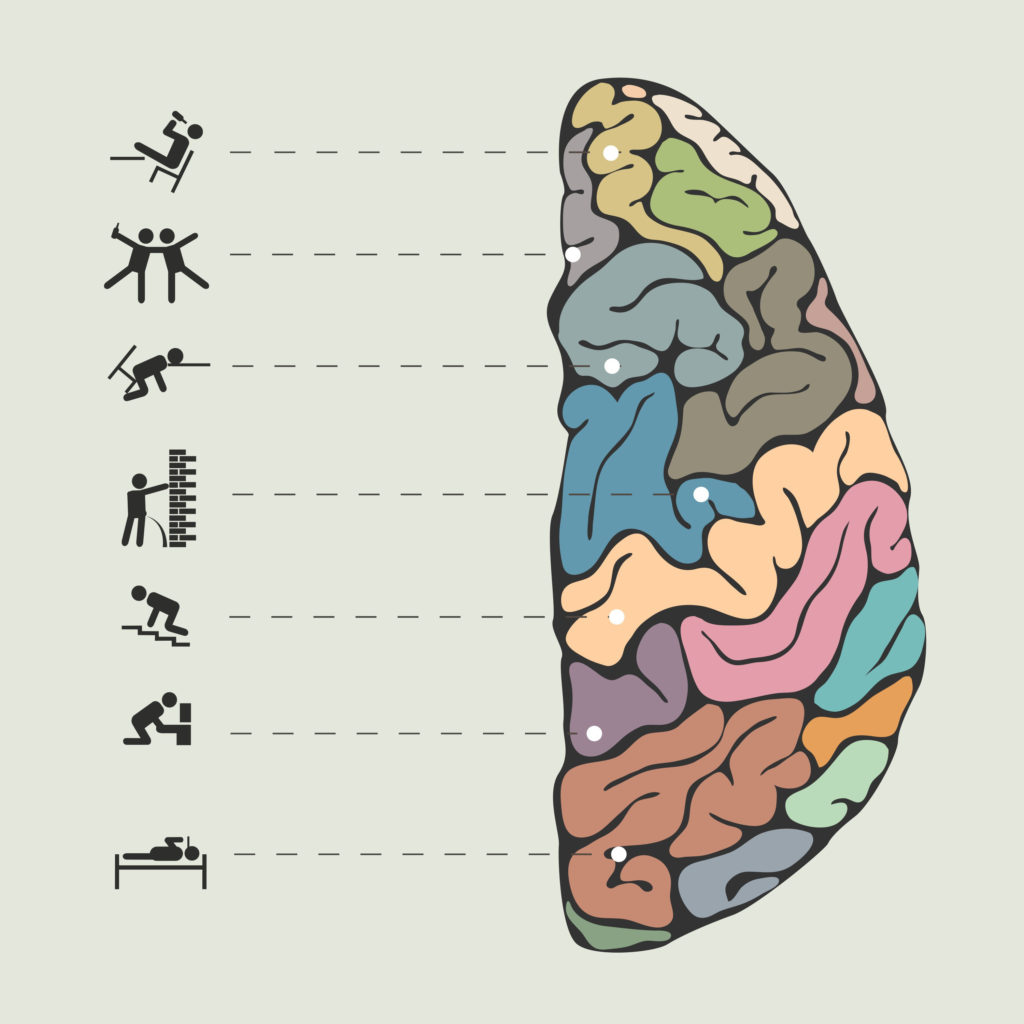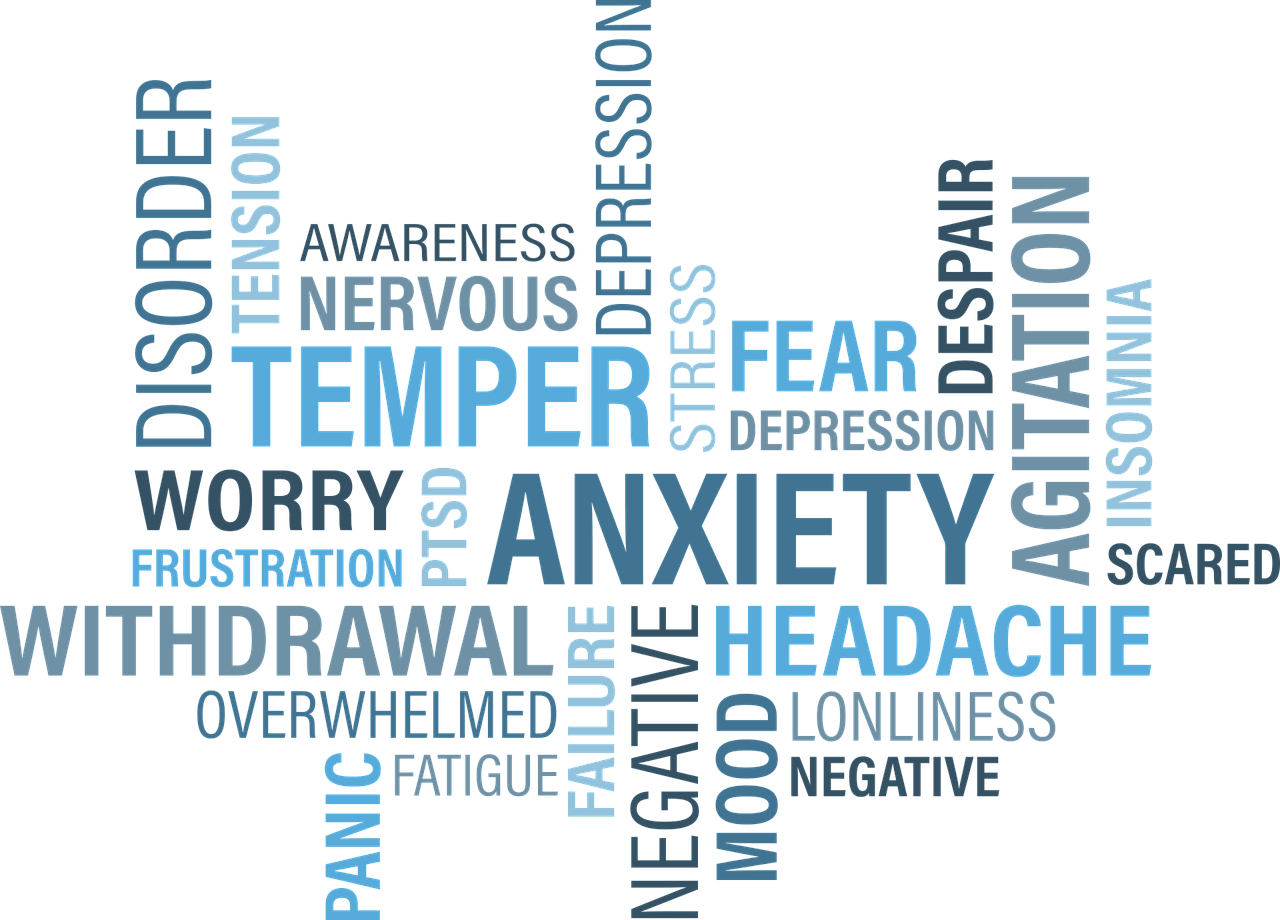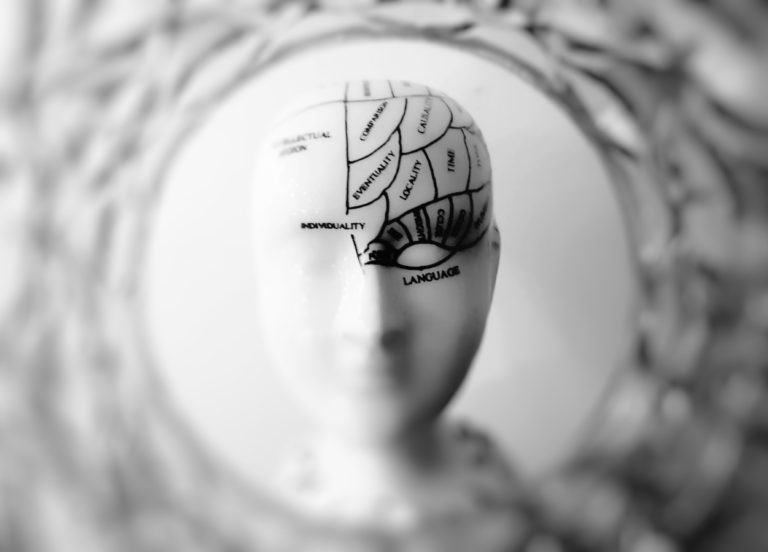Understanding Mental Illness

Guest Article by: Christopher Knippers
Mental illness is a complex problem created by any number of issues that are typically categorized as being either biological or environmental causes. Mental illness is defined as any condition in life which causes a person to have unbalanced emotions or thoughts or both. Most are believed to result from some sort of trauma or depravation in life(the earlier the trauma or depravation the more extreme the illness); or the cause can be a chemical imbalance in the brain (usually one or more of the neurotransmitters like serotonin, dopamine or norepinephrine). Deterioration or damage of brain tissue can also cause mental illness in the form of memory and information processing impairment.
In treating mental illness, first the cause must be determined so that the appropriate approach can be taken. It is important to consider that there may be a combination of causes. Fortunately there are many effective treatments for mental illness.
The most common illness is a “mood disorder” which causes depression, or anxiety, or both. Most mood disorders can be treated by identifying the thoughts that are causing the mood, then consistently practicing new thoughts that replace the old dysfunctional thoughts (Cognitive Behavior Therapy). Sometimes medication to balance neurotransmitters is temporarily recommended while this process is taking place. Understanding the sources of the old dysfunctional thoughts is also very valuable, especially when the old thoughts resulted from trauma. If trauma was extreme, then a specialized therapy based on principles similar to hypnosis, called EMDR, is highly effective.
Mental illness that causes distortion in perception, such as dementia or psychosis requires intensive medical treatment and supervision.
The good news is that there are qualified professionals who can help, and most people with mental illness can lead a productive life.








